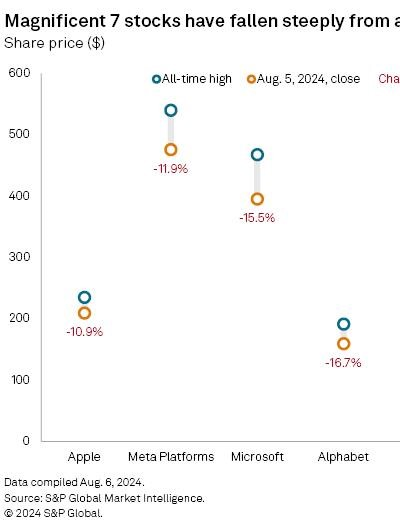
Let’s delve into the often murky world of data trading‚ focusing on what I call «dump shop communities.» These aren’t your typical flea markets; they’re online ecosystems where consumer data‚ often obtained through less-than-ethical means‚ is bought‚ sold‚ and traded. Understanding this landscape is crucial for anyone involved in data handling‚ from developers to executives.
The Players in the Game
Several key players populate these «dump shop» communities. We have the data brokers‚ who are the primary collectors and aggregators of information. They employ various techniques‚ some perfectly legal‚ others skirting the edges of legality‚ to gather personal information. This includes scraping websites‚ purchasing data from less scrupulous sources‚ and exploiting vulnerabilities in systems. This data aggregation leads to vast troves of digital footprints for millions of individuals.
Then there are the data marketplaces‚ acting as the online exchanges for this information. These platforms‚ often operating in the shadow economy‚ facilitate the information trading and data reselling. The buyers range from legitimate businesses needing market research data to those with more nefarious intentions‚ such as scammers and identity thieves.
The Ethical and Legal Minefield
The ethical implications of these communities are significant. The lack of transparency and consent surrounding the collection and use of consumer data raises serious concerns about data privacy. The very nature of these operations often ignores data ethics and flouts regulations like GDPR and CCPA. This disregard for established norms is a breeding ground for data breaches‚ leading to significant consequences for individuals and organizations alike.
Furthermore‚ the methods used to obtain and process data often compromise data security. The lack of robust security measures increases the likelihood of data falling into the wrong hands. The concept of data anonymity‚ while often touted‚ is frequently compromised in these environments‚ especially with the prevalence of dark data – information that’s difficult to identify‚ manage‚ or utilize effectively. This further underscores the importance of robust data governance.
Understanding Data Valuation
It’s crucial to understand how data is valued in these communities. While some datasets might be sold based on sheer volume‚ others are priced according to the perceived value of the contained personal information. This data valuation is subjective and often opaque‚ making it challenging to assess the true cost and risk associated with acquiring data from these sources.
Navigating the Risks
For businesses considering engaging with data brokers or marketplaces‚ a thorough due diligence process is paramount. This includes:
- Verifying the legality and ethical sourcing of data.
- Assessing the security measures in place to protect data.
- Understanding the implications for data privacy and compliance with relevant regulations.
- Evaluating the potential risks of data breaches and other security incidents.
Remember‚ the allure of cheap data can be tempting‚ but the potential costs – legal‚ reputational‚ and financial – far outweigh the benefits if proper precautions aren’t taken. Data monetization should always be approached responsibly and ethically.
The Path Forward
The future of data trading will likely involve stricter regulations‚ increased transparency‚ and a greater emphasis on ethical data handling. We need to move away from the «dump shop» mentality and embrace a more responsible approach to data governance. This requires collaboration between businesses‚ regulators‚ and individuals to ensure the ethical and secure use of personal information.
As data professionals‚ we have a responsibility to promote best practices‚ advocate for responsible data handling‚ and contribute to a data ecosystem that respects individual privacy and upholds the highest ethical standards. Ignoring this responsibility can have far-reaching consequences‚ potentially contributing to the very problems we aim to solve. Let’s work towards a future where data is valued‚ but not at the expense of individual rights and societal well-being.
